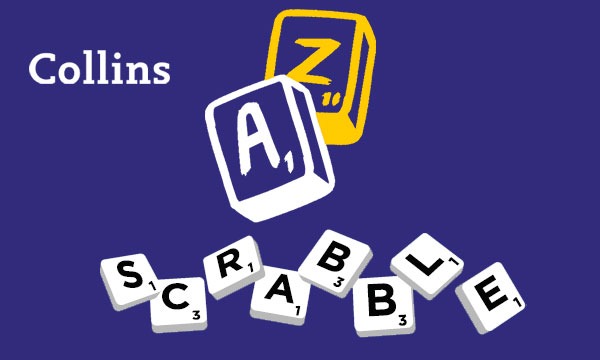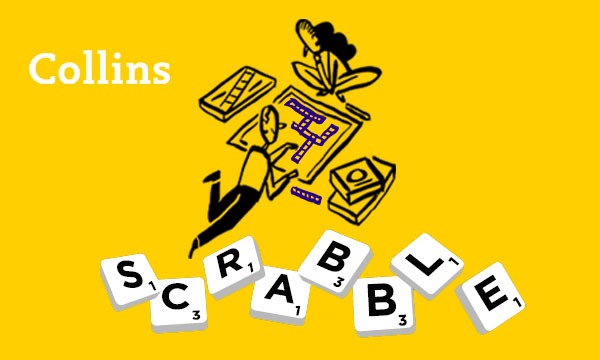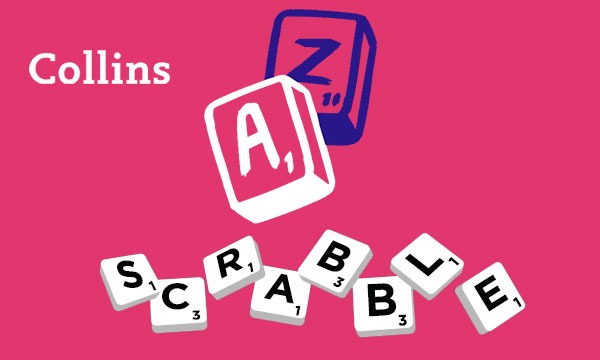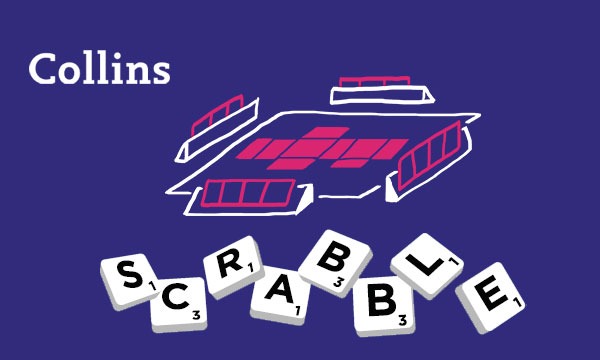Anagrams form a big part of the Scrabble player’s armoury. It’s especially useful to know some seven- and eight-letter anagrams. There’s nothing worse than finding a lovely seven- or eight-letter word that doesn’t fit on the board. Knowledge of anagrams may allow you to rearrange your word into something else that you can play.
These are all either reasonably common words, or at least one of them is, so that if you spot the common word you will be reminded of its anagram.
HEATING – GAHNITE a green mineral, and a slightly tricky one to remember the spelling. I think of it as not the same as Ghana, which works for me. You might prefer some other mnemonic, such as Green And Heavy.
ISOTRON – TORSION – NITROSO When I mentioned this one to a fellow-player, he said “that’s a useful one, because the S is in a different position in all three”.
Now that’s thinking like a Scrabble player. An ISOTRON is a scientific instrument, TORSION means twisting, and NITROSO is an adjective pertaining to nitrogen.
Some of my favourite anagrams are:
TOPSOIL – POLOIST a polo player or fan
NOUGHTS – SHOTGUN – GUNSHOT – HOGNUTS a type of nut, same as PIGNUTS
SKELETAL – LAKELETS small lakes
LAMPPOST – PALMTOPS small hand-held computers
BARSTOOL – TOOLBARS lines of icons on a computer screen
HARDTOPS – POTSHARD broken pottery fragment
OPTIONAL – NOPALITO small cactus
The usefulness of an anagram can depend on the way the words are constructed. For instance, FORWARD and FROWARD (obstinate) are anagrams, but they are slightly less useful than other pairs for being
so similar. If one won’t fit on the board, the other probably won’t either. Concentrate on anagrams where the words have a different “shape”. For example, ISOTRON – TORSION – NITROSO (mentioned in the previous tip). You’re most likely to play one of these by putting the S after a word on the board, and with the S in a different position in all three, your chances of fitting it on to the board are maximized.
By Barry Grossman
Barry is a leading UK Scrabble player and winner of several tournaments. He is the author of Scrabble for Beginners (Chambers), Need to Know Scrabble, Scrabble – Play to Win and The Little Book of Scrabble Trickster. He has also contributed to numerous other books on the subject of words and word-games, has been a series champion of Channel 4’s Countdown, and has written four comedy series for BBC Radio 4. He lives in Hertford.
All opinions expressed on this blog are those of the individual writers, and do not necessarily reflect the opinions or policies of Collins, or its parent company, HarperCollins.



